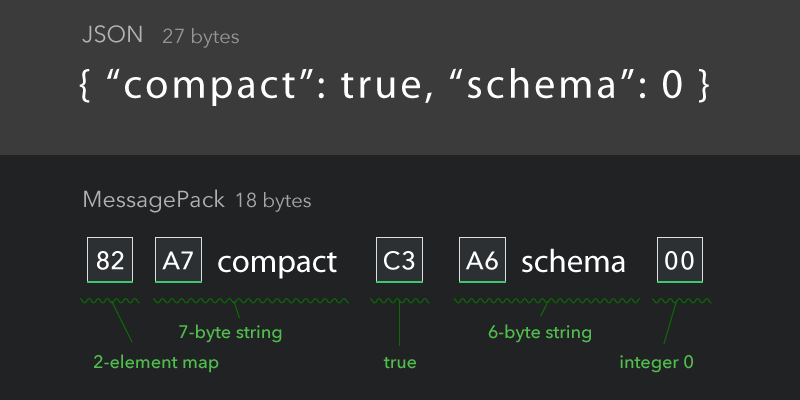

I really hope this is successful, it’s really got the spirit of what made the early internet great.
New account since lemmyrs.org went down, other @Deebsters are available.


I really hope this is successful, it’s really got the spirit of what made the early internet great.


It’s interesting that the author and most others went with 403, when 426 seems to be the most appropriate.
Neither are perfect matches, since 403 is about authentication and 426 is for Upgrade semantics (i.e. the upgrade is over the same transport protocol, not switching from http to https). npm isn’t sending an Upgrade header, which is required, but I think if it sent Upgrade: TLS/1.0, HTTP/1.1 then that would be claiming they supported TLS on port 80 (STARTTLS style) - possible but unconventional.


A fun article, and I really like the idea of pataphysics. I’ve klnown of SCP for a long time but I’ve never delved into it - it seems more bottomless than TVTropes, and I’ve spent/wasted enough time there already!


I was referring to this trivia:
Picard’s scene with Guinan was not in the original script. Melinda M. Snodgrass was told that they needed a “Ten-Forward” scene to accommodate Whoopi Goldberg coming in that week.
I took it as true, although I had a quick go at finding where this claim came from and am drawing a blank


I watched that one last night and had the same thought - she’s been the face of nonacceptance towards Data and although Bruce Maddox is far more extreme in his views it seemed like a waste of her character building.
That said, they’d already shoehorned in a Guinan scene so I don’t know where they’d find the time.
Picard gets pegged? I clearly missed the TNG After Dark episodes.


Altman is the P.T. Barnum of tech
Love it, so many great quotes in this piece but this is my favourite.


I wasn’t saying that unit tests replaces readability, I was saying that back in the 60s they’d reason and debug using their brains (and maybe pen and paper), with more use of things like formal proofs for correctness. Now that we write more complicated programs in more powerful environments, it’s rare to do this (we’d use breakpoints, unit tests, fuzzing, etc).


For such an influential letter, I don’t find his arguement all that compelling. I agree that not using go to will often lead to better structured (and more maintainable) programs, but I don’t find his metric of “indexable process progress” to satisfyingly explain why that is.
Perhaps it’s because at that time people would be running the programs in their heads before submitting them for processing, so they tended to use more of a computer scientist mindset - whereas now we’re more likely to use test cases to convince ourselves that code is correct.


Compare to MessagePack’s example from their front page:

It answers 90% of my questions in a quick example.
My absolute favourite is when the examples say something like “production code should not be written like this, this is just for clarity” with no indication of what’s wrong with the code.
Is it just normal Rust stuff like there’s unwraps everywhere and it’s one big file? Does the example have security or performance problems? Is the example unidiomatic or over-verbose or is it ignoring features real-world code would use? EXPLAIN YOURSELF!


A great post, interesting and to the point.


So you think it’s too unreasonable for you to cope with?


I think all of the communities would rather have something more than just a bare link. I’m not sure why you’re responding with such indignation, to be honest, it was a perfectly reasonable suggestion, politely made.


Thanks for the link, I forgot about CLAs. Interesting - this kind of thing seems to be controversial but common.


I’m not saying OpenTofu is doing any accusing, but I am. I was thinking an original author had the sole right to relicense code but I guess they found some legally plausible way to get it done. I wonder if the author was an OpenTofu employee.


Pretty shitty attempt on Hashicorp’s part. Come to think of it, are Hashicorp themselves in the legal clear for grabbing code from an incompatible licence?


This seems like a pretty standard solution for this kind of thing and I don’t believe it would have been patentable - there’s no breakthroughs here, even for 2007.


I’ve often thought that something like git’s auto-merge would make like much easier when I get asked if I want to keep my config, use upstream or decide per-line. What I should be able to do is have the system pick whichever changed recently, and give me the results to review and/or fix conflicts.
A great read, thanks for sharing.